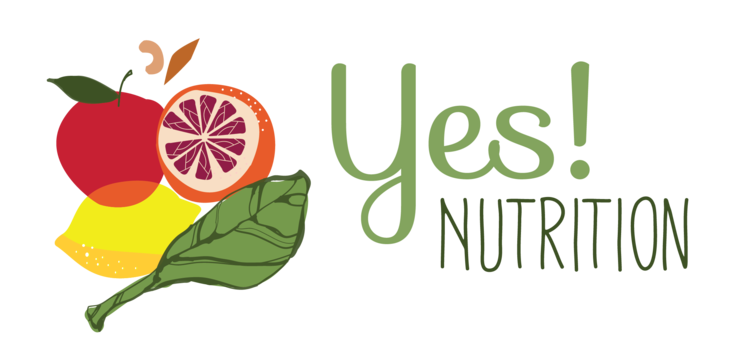The Real Deal: On Choosing a Healthy Protein Powder
I was recently asked my thoughts for choosing the best protein powder on eHow – see that article here and my additional thoughts below:
Above all, when it comes to your daily eating choices – whether with protein powder or one without – it’s essential to have a balance of healthy proteins, fats, and carbohydrates…they’re the “macronutrients” our bodies need. I mention this because not one nutrient should be vilified (ahem, carbs and fat) nor overly glorified (yes, I’m looking at you, protein). All can – and should – be a part of a well-balanced diet.
When my clients ask me about protein powders, here are some of the tips I give them:
ON THE FORM OF PROTEIN: Protein powder can be a convenient and effective source of consuming dietary protein – but so can a half-cup of quinoa, two tablespoons of pumpkin seeds, certain vegetables, and lean animal proteins like chicken, eggs, and yogurt. I support whole-food sources of protein (both animal and plant based as mentioned above), yet appreciate that whole-foods based powders can be nutritionally similar. It’s important here to note that “isolates” are processed extractions from a whole food source, so since you don’t receive all the extra nutrient awesomeness from isolates, opting for the whole food form is a better choice.
ON HOW MUCH YOU NEED: For a normal healthy adult, depending on your body size, 15-30 grams of protein is the maximum for what your body can handle at any given time. Some powders recommend 2-3 scoops as one serving, which means you may be getting upwards of 60-90 grams. Sorry to break the news, but if the protein isn’t used as energy, your body will break down some of the protein as waste and the other part will be stored as fat. Whomp, whomp.
ON ANIMAL VERSUS PLANT: Animal protein powders contain all the essential amino acids your body needs and can thus be termed “complete proteins.” Plant proteins offer a variety of amino acids, but with the exception of quinoa, hemp, and soy, do not have all the essential amino acids so are called “incomplete.” However, we know that as long as the body receives a variety of plants offering the 8 essential amino acids at any point in the day, the “completeness” doesn’t really matter. Bottom line: both high quality animal protein and plant protein can be effective!
ON UNNECESSARY INGREDIENTS: We want to give the body what it can use and recognize, however some protein-powder ingredients may actually hurt us instead of help us on our path to better health. I often recommend avoiding added sugars, artificial sweeteners (acesulfame potassium, sucralose, aspartame, etc.), sugar alcohols (xylitol, maltitol), anything “partially hydrogenated,” as well as artificial colors and flavors in protein powders. When I worked at a national supplement retailer last year, I was amazed with how many proteins contain these unnecessary ingredients. They’re in there, people, so you really do need to read the labels to make sure what your choosing is of good quality.

